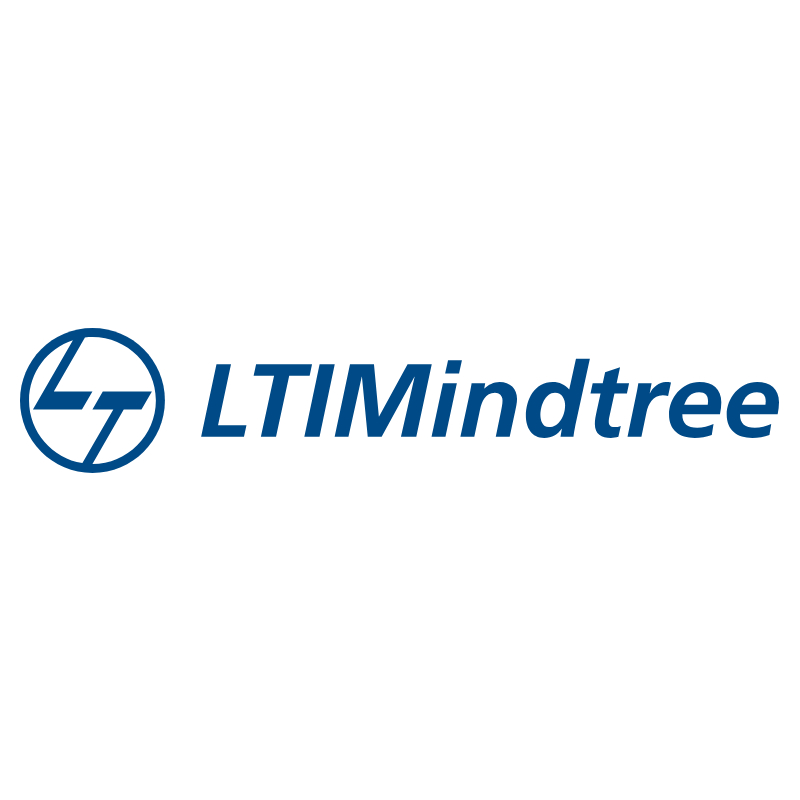
Building for a new era of collaborations
Luxembourg city, Luxembourg

At a Glance
• Big bang go-live of Temenos core, payments hub and wealth management on the same day for retail, corporate and private business lines
• Close of business reporting reduced to 3-4hrs from day-one
• Faster time to onboard volume-based customers
• Divide the number of client pricing conditions by up to 6
BIL (Banque Internationale à Luxembourg) is the oldest bank in Luxembourg, and the second largest in the country, with more than 200,000 customers. It offers retail, private, corporate and institutional banking as well as financial market services. As a sign of its importance, half of the country’s financial institutions use BIL’s infrastructure to process payments, totalling 25m per year (or a daily average of 200k). BIL also has dedicated wealth management offices in Switzerland and China. It has assets under management of EUR 43.8 billion, employs more than 2,000 people.
In 2020 it began a five-year strategic plan, with the stated aim to modernize its core banking system and simplify its operations in order to develop new and improved services for its clients.
Turning challenges into opportunities
That plan is also designed to make the bank more adaptable to changing regulations and banking standards, both at a national and international level. For the spokesperson at the bank, these dynamics are both an opportunity and a challenge. “Sometimes it consumes a lot of our investment capacity, limiting our resources to innovate for our clients. However, the requirements of the regulator and the changes to our infrastructure pushes us to improve data quality, transparency and speed of payments.”
This nuanced view can also be seen in the spokesperson at the bank’s assessment of fintechs and other market entrants, where competition is needed and opportunities can be explored to partner.
Reframing innovation
For BIL, the ultimate aim is innovation; what is the best route to developing new services and bringing them to market? Though the answer to that question changes over the years, history tells you that the bank regularly gets it right. BIL was one of the first banks in Luxembourg to propose a web-banking solution, to use AI to support credit decisions, to make strides in cross-border instant payments (in collaboration with Swift), and more recently has been at the cutting edge of developments in CBDCs (Central Bank Digital Currencies) and open banking.
While this spirit of innovation remains at the heart of BIL, it is now complemented with a commitment to ESG. That has been partly driven by regulatory obligations, says the spokesperson at the bank, but also the belief that ESG principles are a route to improving every aspect of the bank. As such, ESG is seen not simply in terms of carbon footprint measures and progress in diversity, but “as a whole bank framework that informs how we are organised, how we develop products, and how we interact and help our clients.” It extends to supporting customers with their own ESG journey. “We have clients in various industries who need to go through a major transition.”
Seeking scalability
BIL recognized that its ability to innovate had become compromised by outdated technology. the spokesperson at the bank recalls: “We had a 30-plus-year-old legacy system that we’d built layer after layer, year after year. It had become like a plate of spaghetti.” Amongst the issues that created was scalability. “I’ve had to refuse some services to clients because we could not onboard the volumes they were bringing.” Increasing operational costs and a shortage of qualified managers (“Who knows about mainframe technologies anymore!”) added to the case to modernize.
The bank considered a number of approaches. Replatforming was dismissed as being unceasing, and a best-of-breed build as being too costly and complex. Instead, BIL decided to invest in a new core banking platform, and turned to Gartner’s and Forrester’s rankings to draw up its shortlist. And from there, it selected Temenos.

We took the Temenos core for a few reasons. Its functional coverage was impressive, and the ability to easily switch on and configure new modules. That flexibility delivers scalability, which is super important when you’re operating in a fast evolving market.”
Spokesperson at the bank
He also points to the technical superiority of the platform, and the relationship that had been cultivated with the Temenos team through the procurement process. “We had a great synergy with their people.”
Confidence and trust
BIL took the brave decision to go for a ‘big bang’ deployment. “On the same day we replaced our legacy technology with Temenos core, Temenos Payments Hub (TPH) and Temenos Wealth Front Office, for our retail, corporate and private business lines! You only get to do that if you are totally confident in the new technology.”
The implementation program was completed in October 2023. It involved Deloitte and LTIMindtree and included user testing, business operability and readiness tests, took around 20 months. “Temenos was also a great support throughout”, says the spokesperson at the bank, recalling how some of the software development team in India even relocated to BIL’s offices for up to six months to work on the project. “Their dedication was incredible. They were a big reason why we went live successfully.”
Breaking new ground
A spokesperson at the bank points to performance as one area where the bank has seen an immediate impact.

From the very first day after go-live, we have had a constant, three-hour cycle for the close of business. And what has been really impressive is that every month on the 5th day, when we charge the monthly account management fees to our clients, close of business reporting is faster, even though the system is working harder.”
Spokesperson at the bank
The bank now has the scalability to onboard high-volume clients that it had previously turned away, and to extend its payments solutions. It also has the flexibility to segment pricing for different clients. “We have been able to divide by three or four the number of pricing conditions for our clients; for wealth management we have divided by three, and for retail and corporate by five or six. The structure of the pricing system modules allows us to work in a matrix to rationalize our approach. The complexity for our finance teams to deal with this segmentation has improved.”
Scale that improvement across the 200,000 payments that the bank processes on average every day, and the efficiencies become amplified.
BIL is also excited about how the new platform can help it break new ground in the alternative investment sector. “The fund industry in Luxembourg is very developed, and our institutional clients are increasingly creative. We now have the means to support them in building more diversified portfolios.”
Everything we need
It all points to the higher potential for growth.

Ultimately, Temenos is helping us to be more customer-centric; that means creating products that are relevant to our clients and providing a better experience consistently. Now we have everything we need to grow our volumes.”
Spokesperson at the bank
TPH will also be crucial to the bank developing new instant payment (sending and receiving) solutions, which regulators have set ambitious implementation timings for. “We know that TPH can do that.”
A spokesperson at the bank predicts that mutualization will become an increasing revenue stream for the bank.

Temenos core makes it far easier for us to co-create with financial partners. We are moving from a bank that only sells products to clients to a bank that also sells infrastructure to partners. Take payments; we already support half the banking industry in Luxembourg to process their payments. Now we have the means to develop more of these sorts of opportunities.”
Spokesperson at the bank
It points to a long-term partnership. “It’s like a marriage”, says the spokesperson at the bank. “We’re creating a relationship for the next 20-25 years at least. And all the great moments are still ahead of us.”


